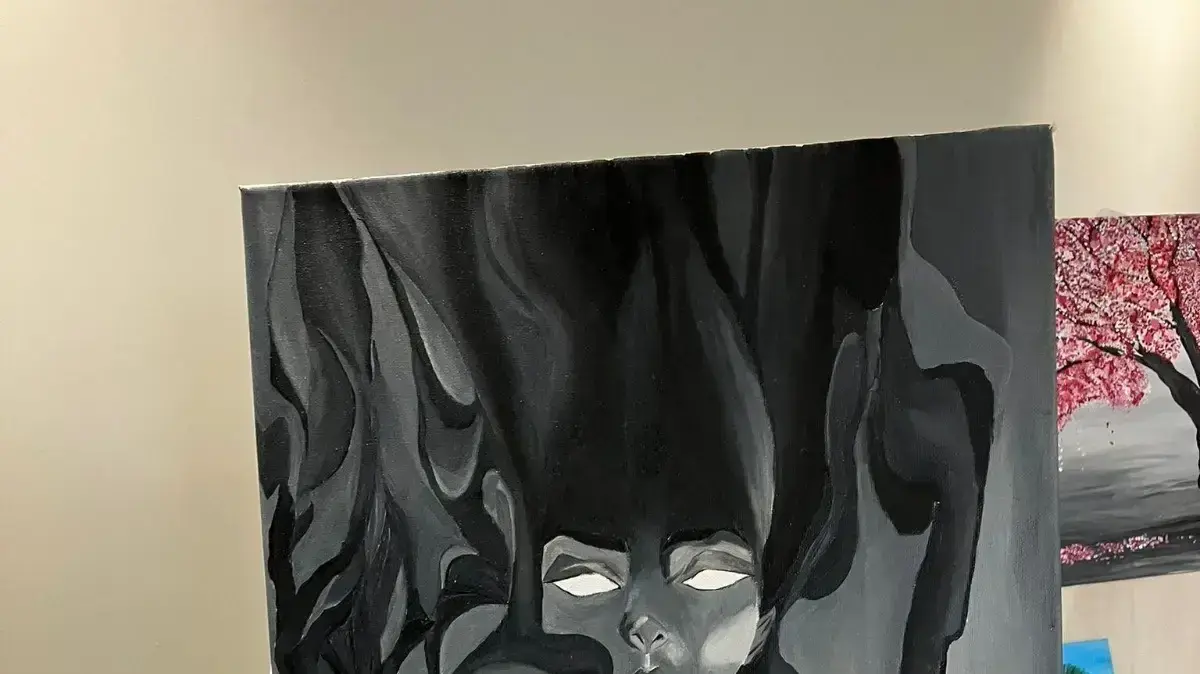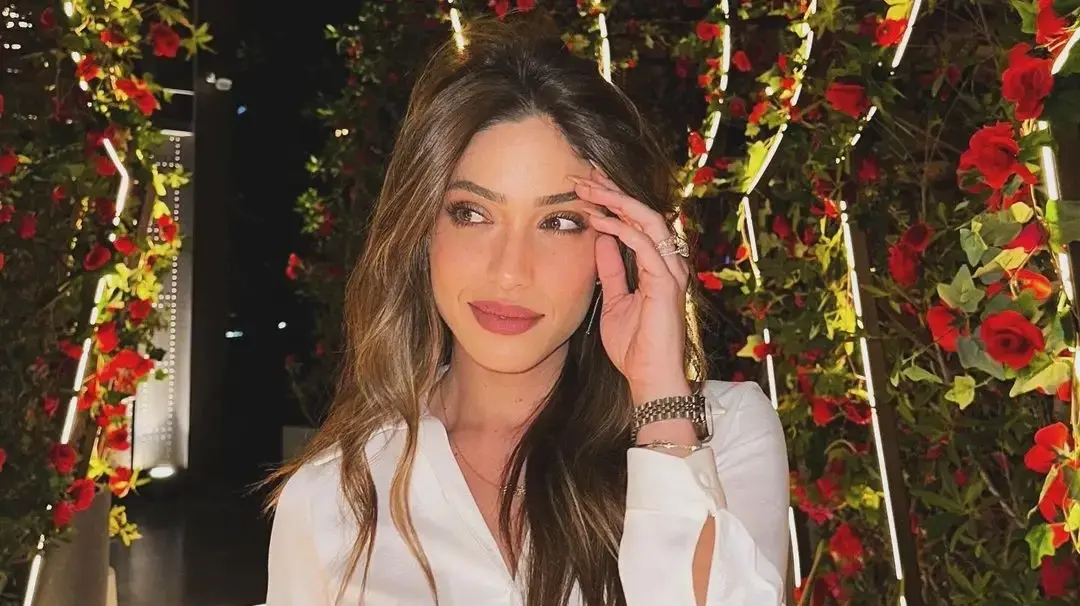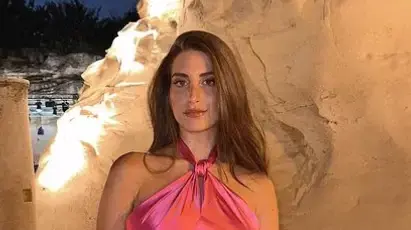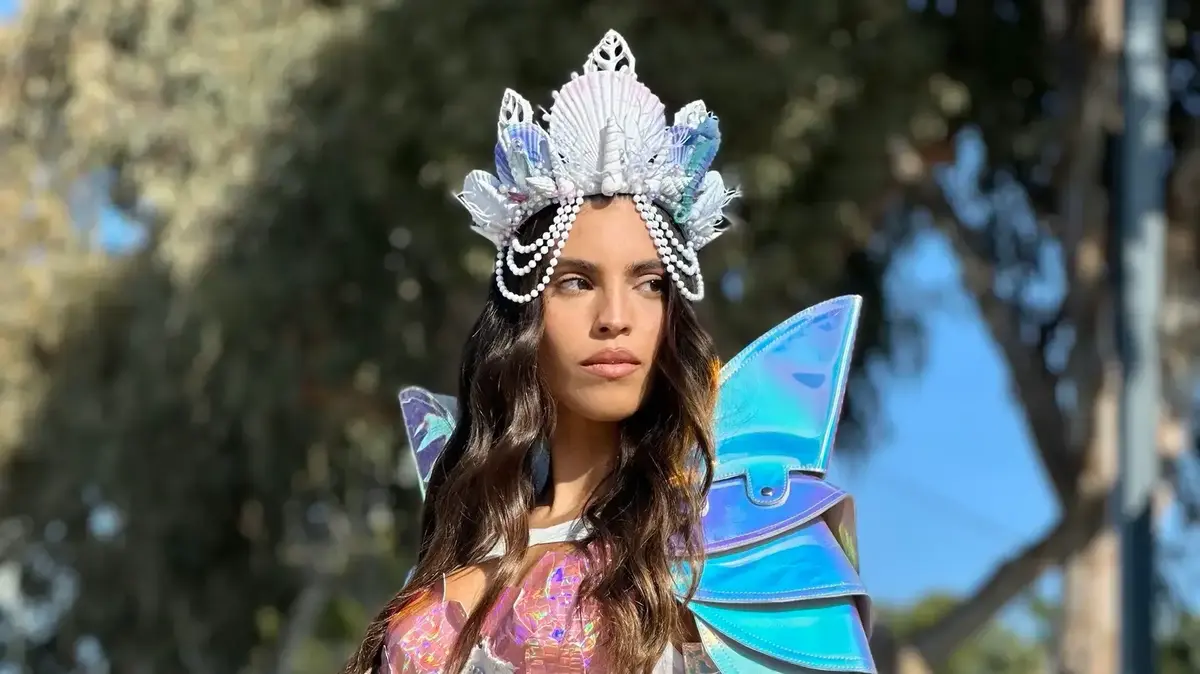"Female Empowerment? This is a Declining Concept" • In her unique project, Ilan artist Shaima interviewes and illustrates fascinating women with special works and for a change invites men to be inspired by them.
Gili Golender, Yael Kaim, Gili Bar Hillel, Adi Levy
Photo:
Ilanit Haim
Marian Wright Edelman's famous quote, a U.S. education and child rights activist, "You Can't Be What You Can't See," accompanies many teen empowerment programs to expose them to various professions that are considered closed to women, such as programming or science .
But what happens next, when we're "big"? This is a question that Ilanit Haima artist, who does not like the term "female empowerment," is trying to answer in her ongoing internet project, "Women at Work."
What's wrong with "empowerment"? Ilanit explains: "Women do not need empowerment, to me this is a diminishing concept that does a disservice to the project and the interviewees, who are all amazing women, who really do not need someone who" empowered "them. "My project opens in the groove of 'expanding possibilities' and instead it also invites boys and men, to be inspired by fascinating women and the professional way that each one goes through."
Einat Fishbein, from "Women at Work" // Illustration: Ilanit Shmay
How It Works? Hearing appeals to various women whose specialties are special and inspiring. She illustrates them and asks a series of questions, giving you a picture of the professional trajectory that is not always linear, planned or expected. "Not all of them have changed the world, not all of them live in luxurious economic well-being, but they all stand out in their fields and most importantly, manage to fulfill their bombastic aspirations, more or less," explains Ilanit, "and this is a huge success, which can serve as an exemplary model for both women and men. ".
Here is, for example, Gili Bar-Hillel Samo, one of the participants in the project, who is best known for translating "Harry Potter" books into Hebrew and publishing "Oz" specializing in translated children's and youth books. How did she get there? She studied theater in general, and was drawn to work in the book publishing industry. Later on, the dream was updated and realized, to set up an independent publishing house and to make a living from it.
Gili Bar-Hillel Samo, from "Women at Work" // Illustration: Ilanit Shmay
Hearing is not afraid to ask about low moments, and also receives answers. Producer and content editor Adi Levy, who is responsible, among other things, for two seasons of the television show "Sorry for the Question", honestly describes professional failure and the feelings it brought with it.
Shema tries to escape the usual pattern of interviews with women. The standard "if this is a woman then should focus on her family life" does not exist for her. It is more interesting for her to know how her interviewees got to where they came from, what the turning points were and also what the lows were. "The stereotypical female model of success is a woman in a business suit - a lawyer, a senior manager of a major commercial or athlete company in near-term reach," she says. "The model I offer more broadly and documents women who engage in diverse fields , Sometimes in several areas at once. "
This is also how a more complete picture emerges - what happened after the "no", what happens after the failure. The unique angle of hearing makes this project a must-read in a world that uniquely honors success. Success can be measured in more than one way: turn an idea into a living, create, develop new solutions, or bring together different worlds.
Adi Levy, from "Women at Work" // Illustration: Ilanit Shmay
For example, entrepreneur Michal Michaeli is quoted as saying: "I remember very strongly the feeling that I wanted to be a boy. Better. They are more impressive, they have more choices, and I wanted too. That feeling has grown into a great joy and pride for being a woman, accompanied by a perspective that does not forget that 'they are easier, they have more options' and a great desire to change that. " .
The women she interviews are journalists, designers, directors and entrepreneurs and sometimes a few things together. The combination of illustrations and interviews is somewhat reminiscent of a children's book aimed at introducing us to professionals. Instead of focusing on the classic subjects - a doctor, nurse, teacher, you get a picture of the world of communication, technology and computers that give birth to new professions and allow new dreams and, simply, new ways to make a living. And so the artist manages to achieve what she wanted to achieve - to create a perspective that expands the possibilities, for everyone.
• Want to be tenants in the "Big Brother" house?
• Wow: Itai Levy's new look
• Disrespect to viewers: The world does not belong to young people
• "The Miracle Man": Pro-Palestinian propaganda
• Special Project: 2020 in Stories








/cloudfront-eu-central-1.images.arcpublishing.com/prisa/Q6UJ4IEP6ZGLZLS3MSHF7LNYOU.jpg)
